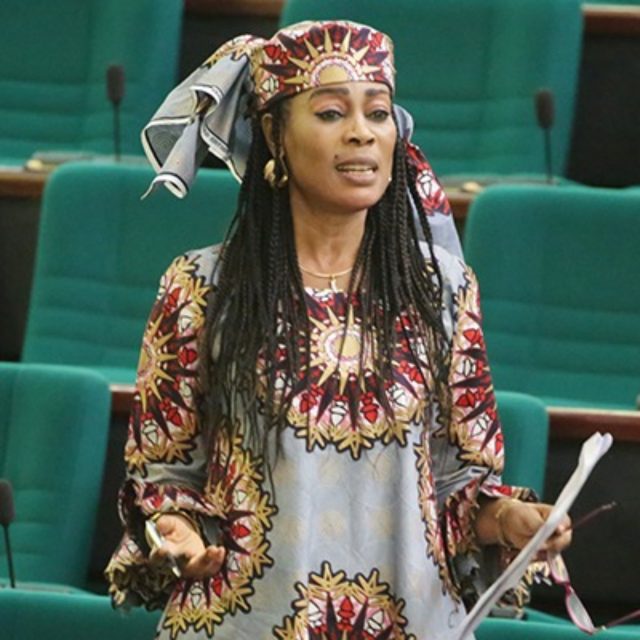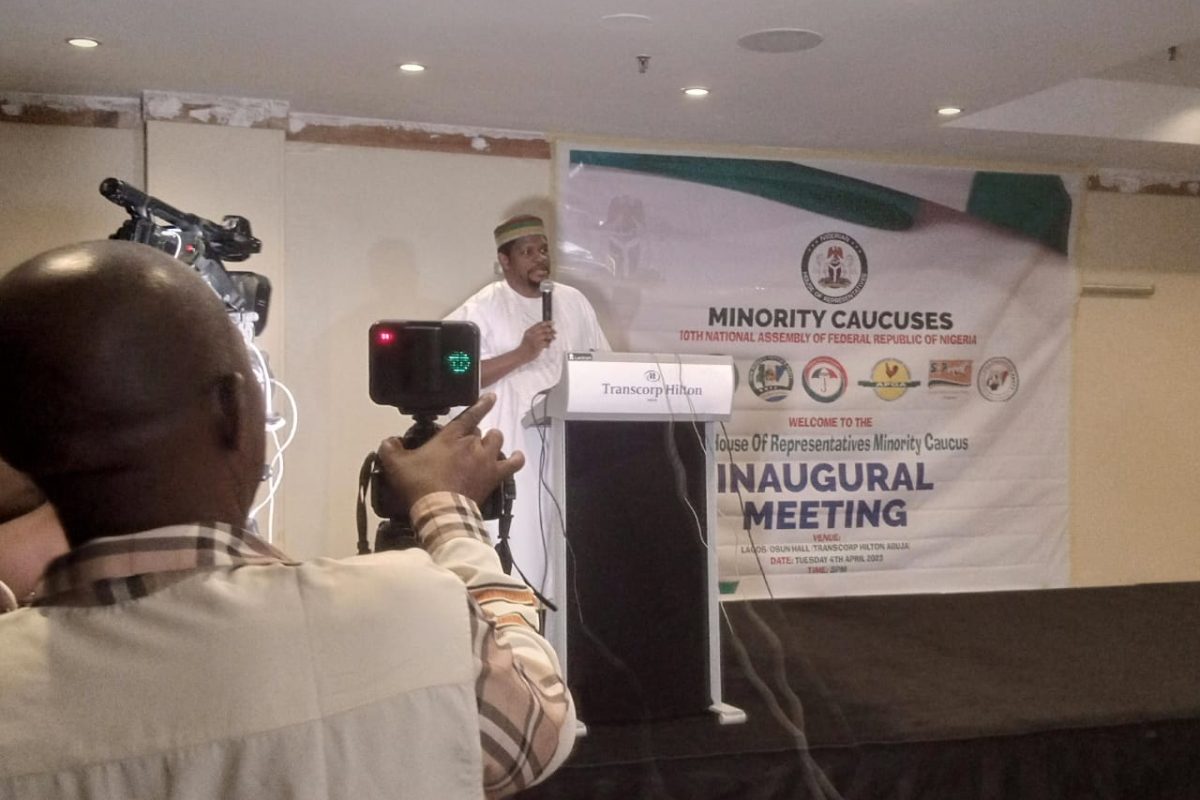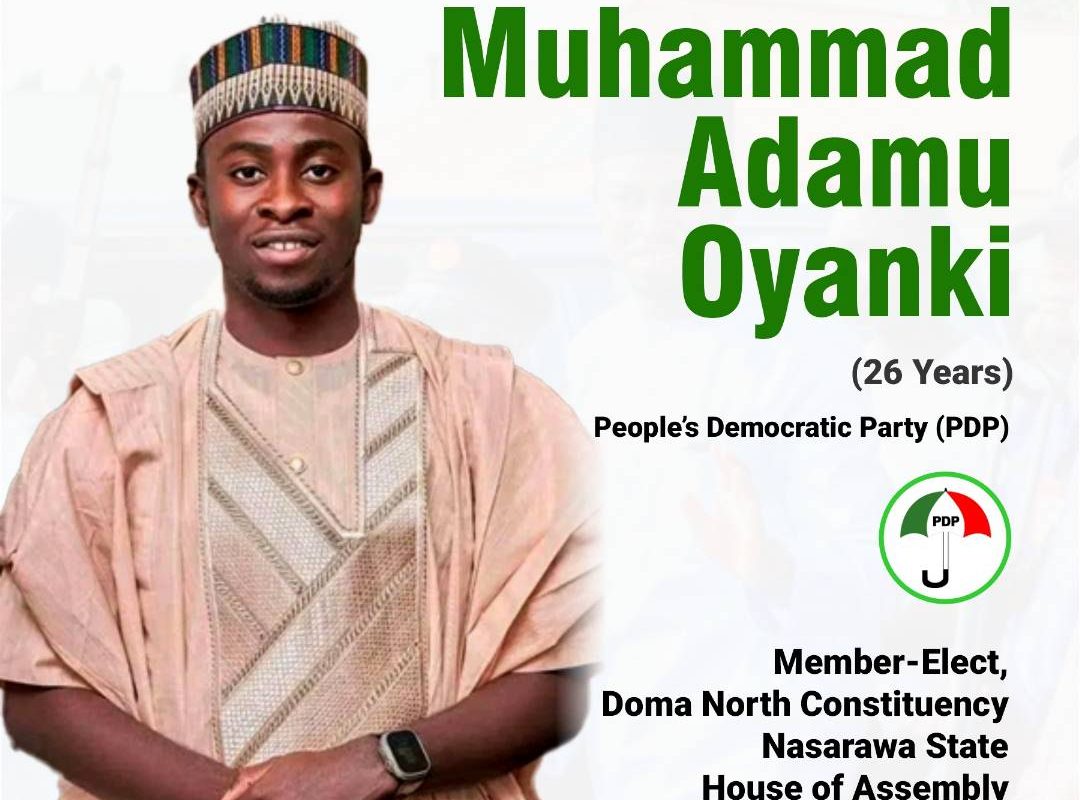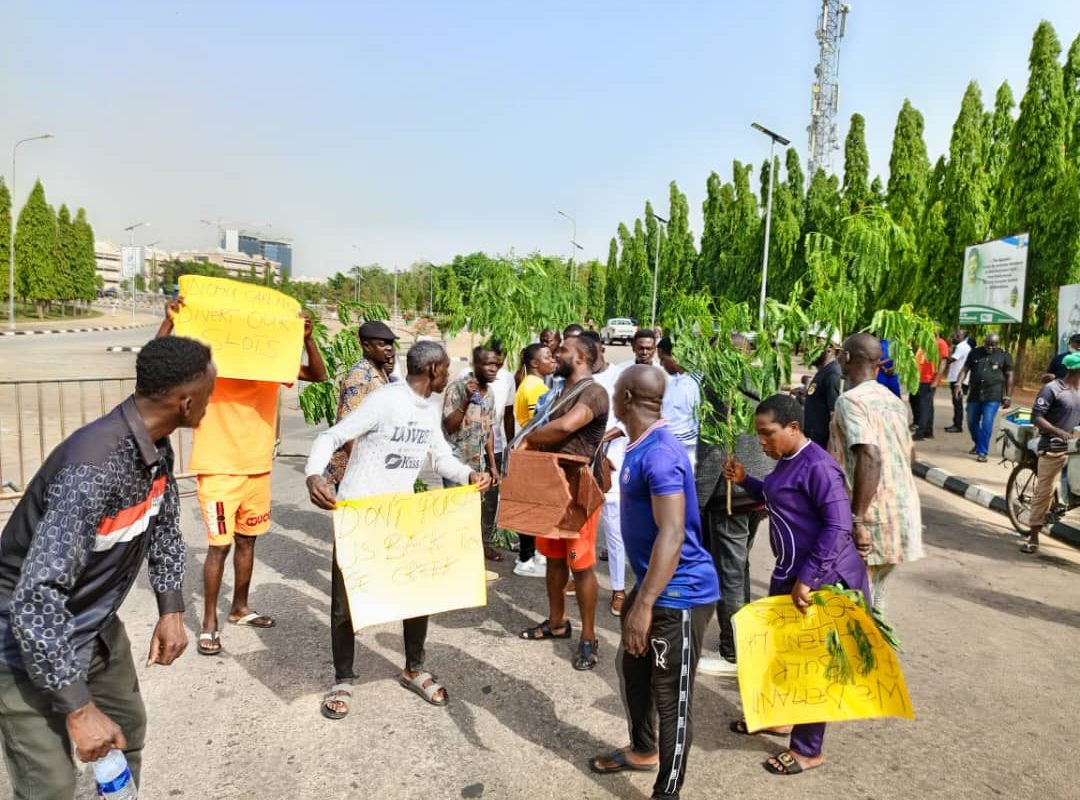By Elizabeth Atime and Sharon Eboesomi
It’s 24 years since Nigeria returned to democratic rule, and while many expressed optimism that women’s representation would get a boost at the 2023 elections, their hopes appear to have been dampened by the results from the National Assembly polls.
This special piece, in commemoration of this year’s International Women’s Day, x-rays the fate of women’s representation following the 2023 legislative elections and highlights the success of female representatives in each geo-political zone of the country.
READ ALSO: IWD: Why no incumbent female Senator will return to the National Assembly

As the world celebrates International Women’s Day today, so much is still left to be desired as Nigeria still lags in women’s representation in parliament.
In Nigeria, with a great presence of patriarchal sentiments, women are traditionally expected to play the roles of mothers, daughters, and sisters. These ‘conventional roles’ also sometimes extend to putting food on their family’s tables and associated developments which many have explained as the reason why many women are discredited and opposed in their quest to participate in politics.
Since the advent of the Fourth Republic, very few women have been involved in political participation, especially as elected officials. Many underpin this underrepresentation in politics on a variety of factors, including cultural and religious mindset as well as high-level corruption. A quick x-ray of the trends reveals that the country has never had an elected female President, Vice President or even State Governor. In the 9th Senate, only 8 out of 109 Senators and 13 of the 360 House of Representatives members are women.
Following the just concluded National Assembly elections held on February 25, 2023, none of the eight incumbent female senators will be returning, while seven out of the 13 incumbent female House of Representatives members are facing the same fate. On a consolation note, seven more women were elected into the next House of Representatives, bringing the total number of female Members-Elect to fourteen. These fourteen women are part of the 286 female candidates for the House of Representatives, while only 1,046 female candidates (10%) out of the total 10,225 candidates are standing for election into the State Houses of Assembly on March 11.
As earlier reported by OrderPaper, 378 women ran for various seats in the just concluded Senate and House of Representatives elections, but only 17 were successful, which puts women’s representation in the incoming 10th Assembly at 3.62%. Although, there are 46 (11 Senatorial Districts and 35 Federal Constituencies) areas where supplementary elections are to be held in the weeks to come.
READ ALSO: IWD: Meet the three female Senators-Elect in the 10th National Assembly
Perhaps, the fortune of women is likely to increase with the conclusion of the pending elections. Below is a list of the female lawmakers elected into the 10th Assembly in the six geo-political zones:
- SOUTH WEST
Known to be the zone with a high number of women representation, the fortune of women in the zone appears to have taken a dive in the just concluded elections. From a total of six federal lawmakers previously, it now has only two members of the National Assembly from the six states in the zone. They are:Lagos
A. Idiat Oluranti Adebule – Lagos West Senatorial District (Newbie)Ogun
B. Adewunmi Ariyomi Onanunuga – Ikenne/Shagamu/Remo North Federal Constituency (Returning) - SOUTH EAST
The South East is also known as the zone with the high numbers of women in parliament. Based on results from the just concluded National Assembly election, the zone with five female federal lawmakers in the Ninth National Assembly now boasts of just four members of the House of Representatives spread across Anambra and Imo.AnambraA. Obiageli Orobgu – Awka North/Awka South Federal Constituency (Newbie)
B. Chinwe Clara Nnabuife – Orumba North/Orumba South Federal Constituency (Newbie)
C. Maureen Chinwe Gwacham – Oyi/Ayamelum Federal Constituency (Newbie)Imo
A.Mariam Odinaka Onuoha – Isiala Mbano/Okigwe/ Onuimo (Returning) - SOUTH SOUTH
The zone with six states had three federal lawmakers before now. This time, the electorate has given their nod to just one female Senator and three female members of the House of Representatives spread across Rivers, Bayelsa and Delta.Rivers
A.Ipalibo Harry Banigo – Rivers West Senatorial District (Newbie)B. Boma Goodhead – Akuku Toru/Asari Toru Federal Constituency (Returning)Bayelsa
C. Enenimiete Marie Ebikake – Brass/Nembe Federal Constituency (Newbie)Delta
D. Erhiatake Ibori-Suenu – Ethiope East/Ethiope West Federal Constituency (Newbie)READ ALSO: “Only 33% of Nigerians voted NASS candidates on individual merit” – OrderPaper
- NORTH CENTRAL
The zone has moved its female representation to four from three female federal lawmakers in parliament. These lawmakers are spread across Benue, Plateau and the Federal Capital Territory (FCT).Federal Capital TerritoryA. Ireti Heebah Kingibe – FCT Senatorial District (Newbie)Plateau
B. Beni Butmak Lar – Lantang North/Lantang South Federal Constituency (Returning)
Benue
C. Regina Akume – Gboko/Tarka Federal Constituency (Newbie)
D. Blessing Onyeche Onuh – Otukpo/Ohimini Federal Constituency (Returning) - NORTH EAST
The North East has always stood out among zones in the Northern part of the country as one that gave life to the ambition of women, especially in parliament. The zone, however, moved in this electoral cycle from four federal lawmakers in the Ninth National Assembly to three, spread across Borno and Yobe States.Yobe
A. Khadija Bukar Abba Ibrahim – Damaturu/Gijba/Gulani/Tarmuwa Federal Constituency (Returning)
B. Fatima Talba – Nangere/Potiskum Federal Constituency (Newbie)Borno
A. Gimba Zainab – Bama/Ngala/Kala-Balge Federal Constituency (Returning) - NORTH WEST
Despite having the highest number of states in the country, the North West remains the geo-political zone with the poorest level of women’s representation in both the outgoing Ninth and incoming Tenth National Assembly.READ ALSO: Female Senators sponsored 10.6% of total Senate Bills | National Assembly ScorecardGEO-POLITICAL ZONE INCUMBENT LAWMAKERS
(9TH ASSEMBLY)SENATORS-ELECT (10TH ASSEMBLY)
MEMBERS-ELECT (10TH ASSEMBLY)
TOTAL FEMALE FEDERAL LAWMAKERS
(IN WAITING)South East 5 0 4 4 South South 3 1 3 4 North Central 3 1 3 4 North East 4 0 3 3 South West 6 1 1 2 North West 0 0 0 0




One comment
Vanissa magaji
March 9, 2023 at 4:33 pm
The government should give rooms for more women to occupy position’s in the government to obtain a balance in leadership.